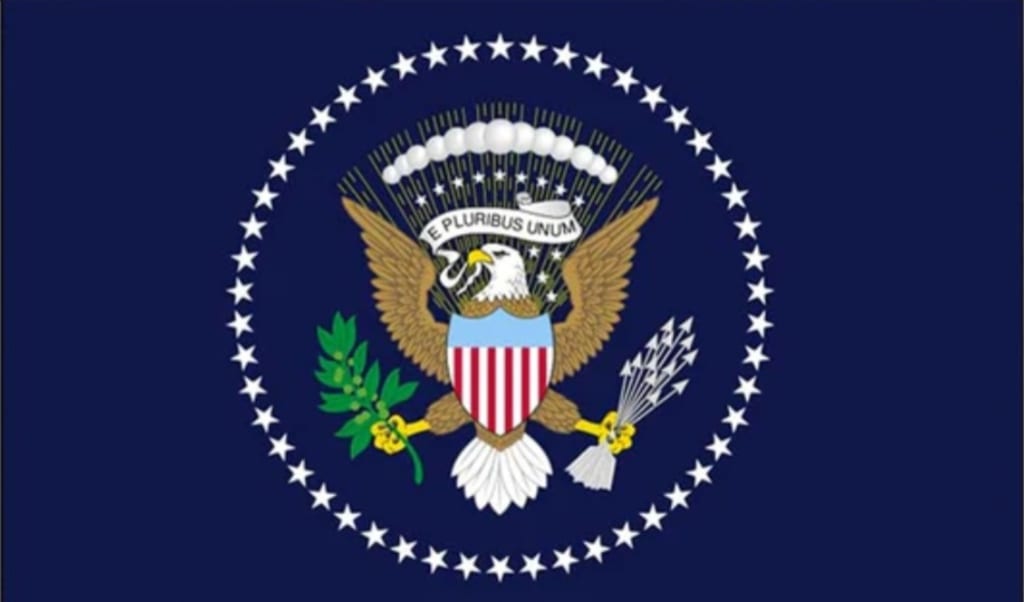
Introduction
With the upcoming presidential election grabbing headlines, it's like the hottest show in town. Everyone's talking about it, and there's a lot of excitement in the air. They're encouraging us to go out and vote, which is pretty cool because it's our chance to have a say, right?
The President is like the main star in the government show. But it's not just about the fancy Oval Office and all that glitz. There's more to the story, like how the different parts of the government are working together.
Imagine it's a big play with three main acts – the President, lawmakers, and judges. They all have their roles, and they keep an eye on each other to make sure no one gets too powerful. It's like a team effort to run the country smoothly- though it's often thought the president is the most powerful. What truly matters is identifying who has the most impact on your life. In many cases, it's your elected governor or senator who holds the keys to decisions affecting your daily life.
So, while the President is in the spotlight, it's essential to recall the teamwork behind the scenes. It's not a solo performance; it's about how each person plays their role. And guess what? Voting isn't just reserved for the grand national stage – it's equally about selecting local leaders who directly influence our lives. This is what I meant by understanding who holds the most sway in your daily life, and it all starts with the power vested in your vote.
The Power Play
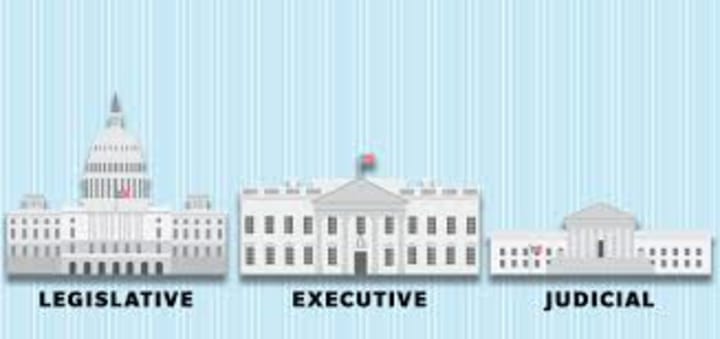
Imagine our government like a three-part play: Executive, Legislative, and Judicial are the main characters. This play is fascinating because of the way they balance each other out. No branch is more important than the others; they all work together to avoid any one of them becoming too powerful and stealing the show. It's a harmonious performance to ensure everyone plays their part without taking too much power.
Executive Branch
In the grand theatrical production of our government, each branch takes the stage as a distinct player, shaping the narrative of our nation. The Executive Branch assumes the lead role, with the President as the charismatic performer who steals the spotlight. Their decisions, are like a melody in the soundtrack of our daily lives, which can vary from economic policies to international relations. On this political stage, picture the President as the director, ensuring the show runs smoothly and representing our country's role on the global stage.
Legislative Branch
Now coming to the stage we have the Legislative Branch, a cast featuring the U.S. Congress, with the Senate and the House of Representatives as key components. This dynamic group serves as the scriptwriters, passionately debating and voting on laws that influence the scenes of our daily routines. From taxes to education, they craft the script that shapes the story we live.
Judicial Branch
In the realm of justice, the Judicial Branch takes center stage with leading judges, including the Supreme Court and other federal courts. These legal maestros interpret the laws, ensuring justice and safeguarding our rights, thereby crafting the legal backdrop of our lives. Imagine them as judges carefully weighing evidence, ensuring the storyline aligns with the Constitution's plot twists.
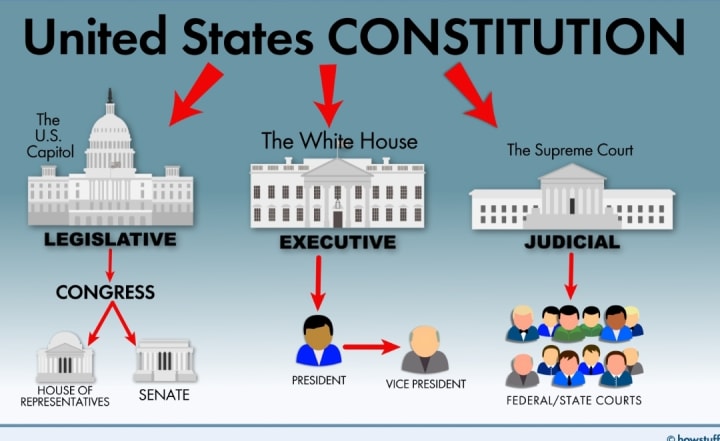
Non-Federal Government
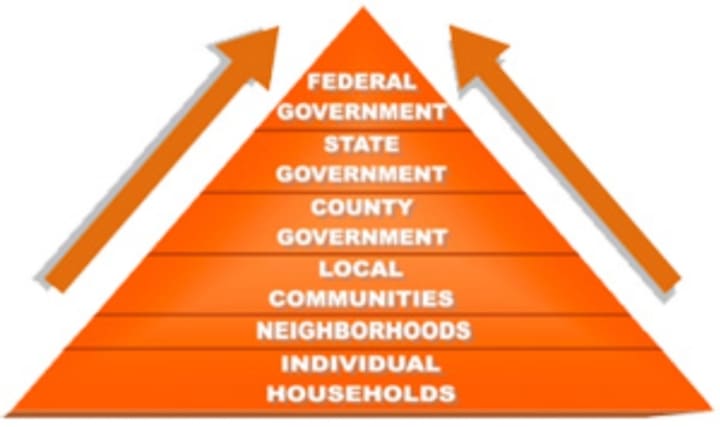
Adding a local flavor to this nationwide performance are the actors in each state – governors, legislators, and local courts. Much like different acts in a play, each state has its own cast shaping the drama on a more intimate level, contributing to the unique character of our nation.
And here comes the thrilling part – we, the citizens, aren't mere spectators; we're part of the casting crew! Voting is our way of saying who we want in these crucial roles, influencing the direction of the entire production.
So, as the political performance unfolds, let's remember that each branch adds its unique flavor to the storyline of our nation. It's not just a play; it's the epic tale of democracy where we all play a part, and our ballots are the script that shapes the future acts of this compelling narrative.
Governors and Senators
So, you know when a law gets the okay from the President? Well, that's not the end of the story. It's more like sending a great song to different bands all over the country.
Here's where State Governors and Senators become important – think of them as the leaders of their own bands. They get to decide whether the law fits the vibe of their state. It's not just the President's show; it turns into a big music concert at the state level.
In this concert of laws, it's not one person deciding everything. Each state, with its leader (Governor or Senator), becomes like a band playing its own part. The President starts the tune, but it's the different states that add their unique sounds, creating a cool mix.
So, the story is, when a law gets the green light from the President, it's up to these leaders in each state to say if it matches their state's style. It's like a big music concert where everyone gets to play their own part, making the song of laws sound different and awesome in each state.
In case you don't know, the governor is the leader of a state. Imagine each state having its own captain, and that's the governor. They're responsible for making sure everything runs smoothly in their state – like a captain steering a ship. Governors decide if national laws apply in their state and take charge during emergencies.
Now, let's talk about senators. They're like the national representatives in the big Congress club. Each state has two senators, making a total of 100 in the U.S. Senate. Senators have a cool job – they help create laws that affect the whole country. They're like messengers, making sure their state's voice is heard in the big decisions.
In short, governors run the show for their state, making state-level decisions, while senators play on the national stage, creating laws that impact the entire country. It's like having a captain for each ship (state) and messengers (senators) working together in a big national club.
Law Composers
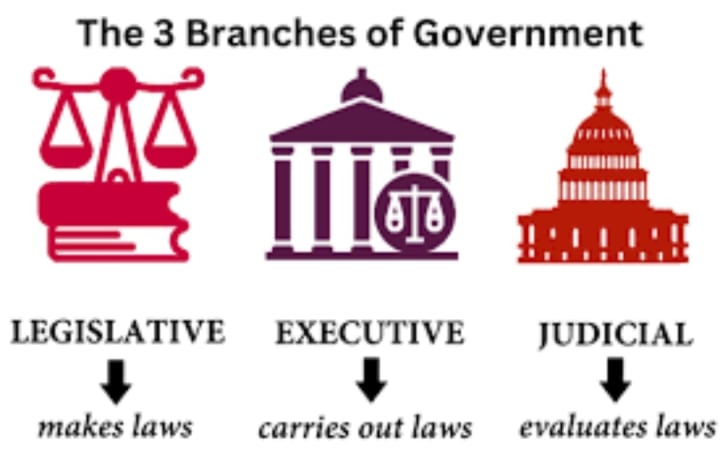
It all begins with an idea, a bill. Someone thinks of a new law, perhaps one to make crosswalks safer. They jot down this idea, and that becomes the bill – the starting point of our journey.
The bill then goes to the House of Representatives, where representatives discuss it. They might make changes to improve it. If most representatives agree, the bill moves forward.
Next, the bill travels to the Senate, where another group of representatives discusses it further. They might make additional changes. If the majority agrees, the bill progresses.
Now, it's time for the big finale – the President's approval. The bill reaches the President, who decides whether to give the final approval. If they say yes, our journey transforms into law!
This entire process is like crafting a collaborative masterpiece. Representatives, senators, and the President all play a crucial part in this journey. Each decision in this process matters, shaping the final law that has an impact on all of us.
Voting
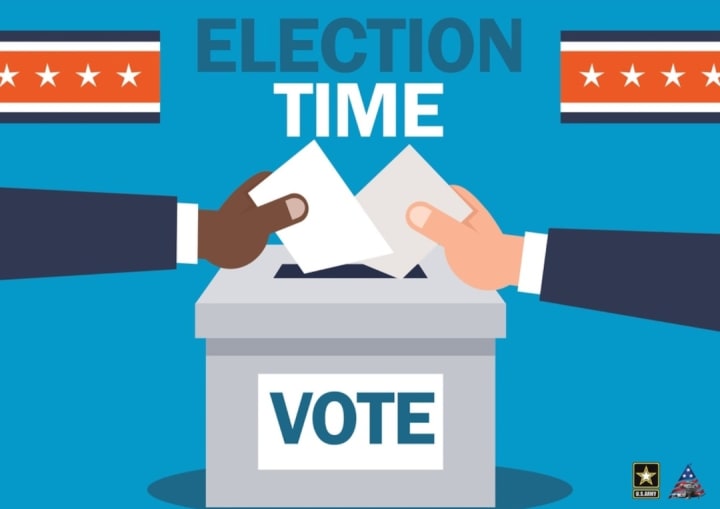
Your vote, dear citizen, holds immense importance, especially in the elections for governor and senator. When you cast your vote for these state-level officials, you're not just contributing to a national melody; you're actively shaping the destiny of your state. Unlike the presidential election, where the Electoral College comes into play, your vote for governor and senator directly counts towards determining the leader and legislator who will represent your state.
Governors and senators play crucial roles in representing the interests and needs of your state in the larger national context. They are the ones who advocate for the specific concerns and priorities that matter to the people in your state. Moreover, these officials have a direct impact on the laws that apply within your state. Your vote for governor and senator essentially influences the creation and modification of state laws, covering a wide range of issues from education and healthcare to transportation and local regulations.
Furthermore, the spending decisions for your state are significantly influenced by the governor and senators you elect. They play a pivotal role in determining how state funds are allocated, affecting everything from infrastructure projects to social programs. This means that the financial decisions made by these officials directly impact the resources available for schools, healthcare facilities, and various other services within your state.
In essence, voting for the governor and senator is a powerful act of civic participation that directly affects your daily life. It's your voice resonating through the legislative halls, influencing the direction of your state's policies, laws, and budgetary decisions. While the national melody is important, the symphony of your state's governance is directly shaped by the votes you cast for these state-level leaders.
Voting cont. (Electoral College)
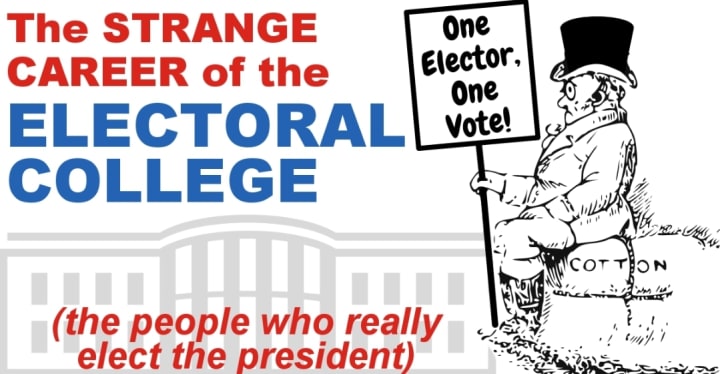
In the Electoral College system, electors are chosen by the people in each state. The number of electors in each state is based on its representation in Congress, combining the number of senators and representatives. For example, a state with two senators and five representatives would have seven electoral votes. The total number of electors in the Electoral College is 538, corresponding to the total number of senators (100) and representatives (435), plus three for the District of Columbia.
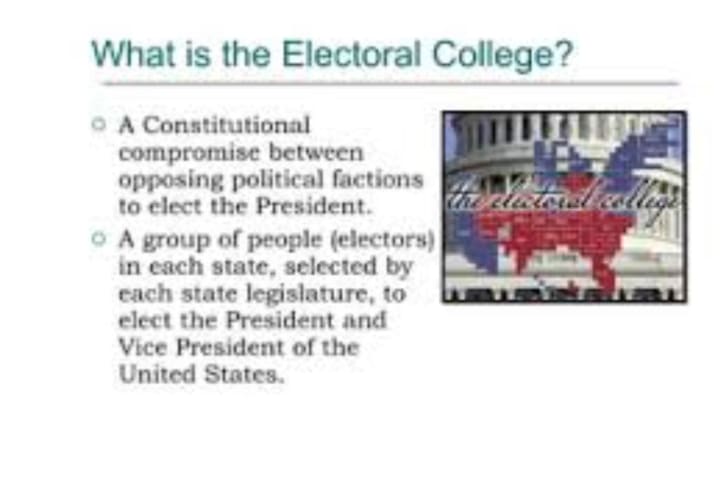
In this dramatic twist in the electoral saga, the candidate who wins the popular vote in a state usually receives all of its electoral votes. It's a winner-takes-all system in most states, meaning that even if a candidate wins by a narrow margin in a state, they get all of its electoral votes. This system is designed to balance the power between large and small states in the presidential race, ensuring that each state has a significant impact on the outcome.
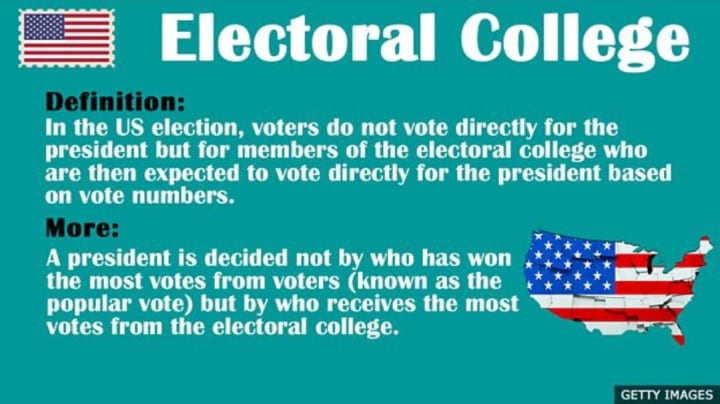
So, the presidential race isn't solely determined by the total number of popular votes across the nation. Instead, it's about winning the majority of electoral votes. A candidate needs at least 270 electoral votes out of the 538 to secure victory. This unique approach ensures that both large and small states play a role in shaping the outcome, preventing candidates from focusing solely on densely populated areas.
While the popular vote represents the collective will of the people, the Electoral College introduces a layer of complexity in the presidential election process, emphasizing the importance of winning states rather than just accumulating overall votes.
Democratic vs. Republican party (Guns & Butter)
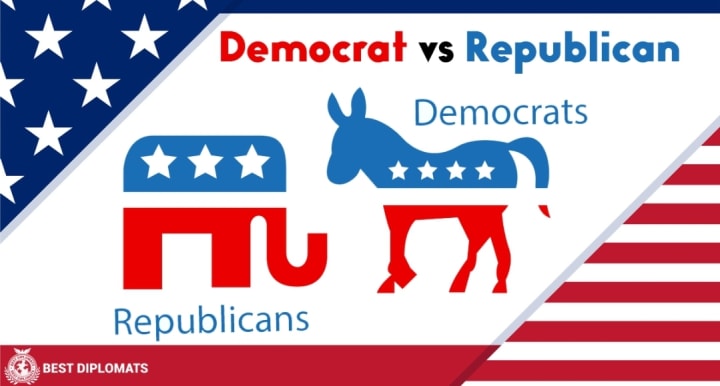
In the political landscape, the Democratic and Republican parties represent distinct approaches to governance. The Democratic Party often leans towards a more active role of government, focusing on issues of social equality and environmental protection. During presidential elections, Democratic candidates may emphasize healthcare reform, climate change, and income equality. In states led by Democrats, one might observe policies supporting broader access to healthcare, increased education funding, and stricter environmental regulations.
Conversely, the Republican Party tends to favor limited government intervention and prioritizes individual freedoms. Republicans often advocate for free-market principles, lower taxes, and a strong national defense. In presidential campaigns, Republican candidates may highlight economic growth, reducing regulations, and strengthening national security. States governed by Republicans often adopt business-friendly policies, lower taxes, and a more conservative approach to social issues.
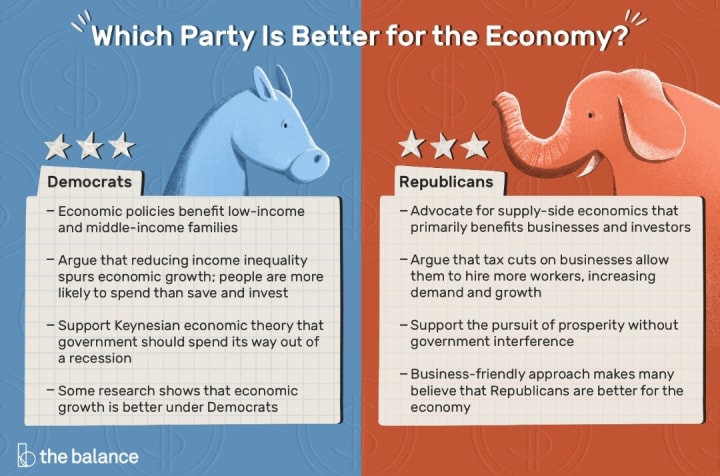
The concept of "guns and butter" encapsulates the historical trade-off between military and domestic spending. Republicans are traditionally associated with a robust military stance, emphasizing "guns" or defense spending. Democrats, on the other hand, are linked to prioritizing "butter" or domestic programs like healthcare, food and education.
Understanding these party differences is crucial when participating in elections. Voters' choices influence the direction of policies both nationally and at the state level. It's important to note that individual candidates within each party may have varying positions on specific issues, and party platforms can evolve over time. Therefore, voters should consider the nuances of each candidate's stance and party platform to make informed decisions aligned with their values and priorities.
City Officials
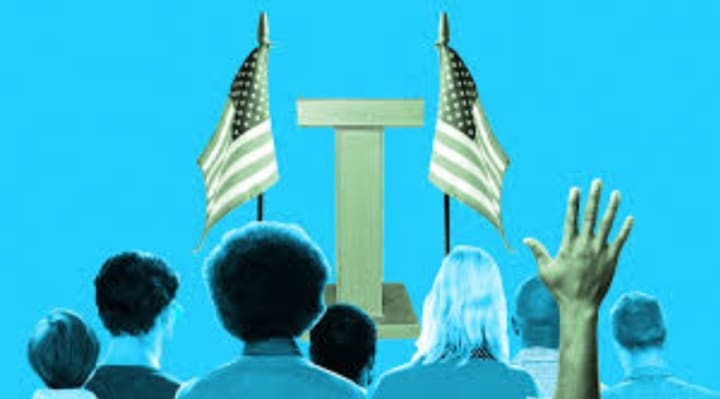
The mayor is like the captain of a city, steering its course. This elected official plays a crucial role in the city's administration. Mayors often serve as the chief executive, overseeing various city departments and implementing policies. They act as the face of the city, representing it in public matters and engaging with the community. The mayor's responsibilities include managing the city's budget, making key decisions on local issues, and collaborating with other local and regional leaders.
The city council is like a legislative body for the city. It typically consists of several members, each representing a specific district or the city at large. City council members work collectively to create and pass local laws (ordinances) and policies. They also approve the city budget proposed by the mayor, ensuring that it aligns with the needs and priorities of the community. Council members often act as liaisons between the city government and residents, addressing concerns and advocating for their constituents.
Individuals in these positions are determined through local elections. In most cases, residents of the city have the opportunity to vote for their preferred mayoral candidate and city council members during designated election periods. The democratic process allows citizens to actively participate in choosing leaders who will represent their interests at the local level.
Selection Process for City Officials
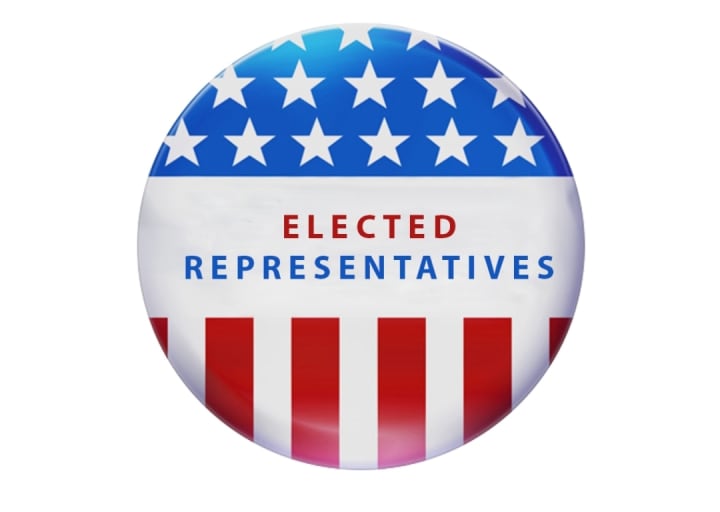
Local elections are critical in shaping the direction of a city, and the individuals elected to these positions have a direct impact on local governance. The selection process empowers residents to have a say in who leads their city and makes decisions on issues that directly affect their daily lives.
Summary

Active voting is a fundamental citizens' duty that extends beyond presidential elections, significantly shaping the direction of our communities and states. Understanding the distinctions between political parties, such as Democrats and Republicans, is crucial for making informed choices during elections.
Local elections, where mayors and city council members are chosen, have a direct impact on our daily lives. These officials play pivotal roles in decision-making processes, from shaping local laws and budgets to addressing community concerns. Voting in these elections allows citizens to actively participate in selecting leaders who will represent their interests at the grassroots level.
Moreover, state-level elections for governors and senators hold immense importance. These officials not only represent their states but also have the power to opt out of certain federal laws that may not align with the needs of the state. This underscores the significance of electing leaders who advocate for the specific concerns and priorities of their state's residents.
In instances where issues arise at the state or local level, citizens are encouraged to refer to their state and city officials. These officials, elected through the democratic process, serve as crucial intermediaries between the government and the community. They have the authority to address local challenges, allocate resources, and influence policies that directly impact residents.
In essence, active voting is the cornerstone of a functioning democracy, allowing citizens to shape the trajectory of their communities, states, and the nation. By participating in all levels of elections, individuals can ensure that their voices are heard, their needs are considered, and their chosen representatives actively advocate for the betterment of their communities.
References
https://www.whitehouse.gov/
https://www.loc.gov/
https://www.usa.gov/elected-officials
https://pressgallery.house.gov/
https://www.supremecourt.gov/
https://www.congress.gov/
https://www.house.gov/
https://www.state.gov/secretary/
https://www.justice.gov/voting
https://www.eac.gov/voters/register-and-vote-in-your-state
https://www.senate.gov/history/partydiv.htm
https://www.britannica.com/question/How-is-the-Democratic-Party-different-from-the-Republican-Party
https://www.whitehouse.gov/about-the-white-house/our-government/the-legislative-branch/
https://www.whitehouse.gov/about-the-white-house/our-government/the-executive-branch/
https://www.whitehouse.gov/about-the-white-house/our-government/the-judicial-branch/
https://oig.hhs.gov/reports-and-publications/semiannual/index.asp
https://www.archives.gov/electoral-college/about
https://www.archives.gov/electoral-college/electors
https://www.usa.gov/electoral-college
About the Creator
Amira
Just a writer..songwriting is my specialty! I'm a bit controversial but someone has to fix the narrative..


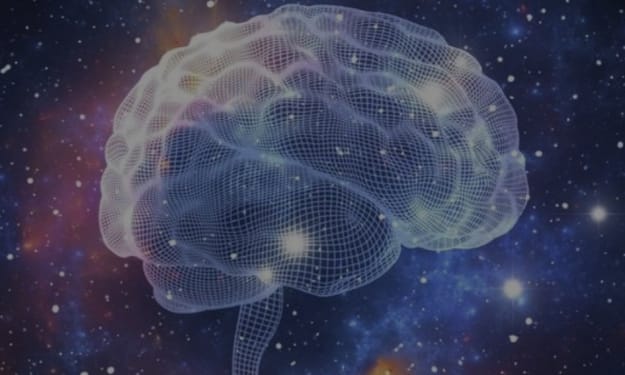



Comments
There are no comments for this story
Be the first to respond and start the conversation.